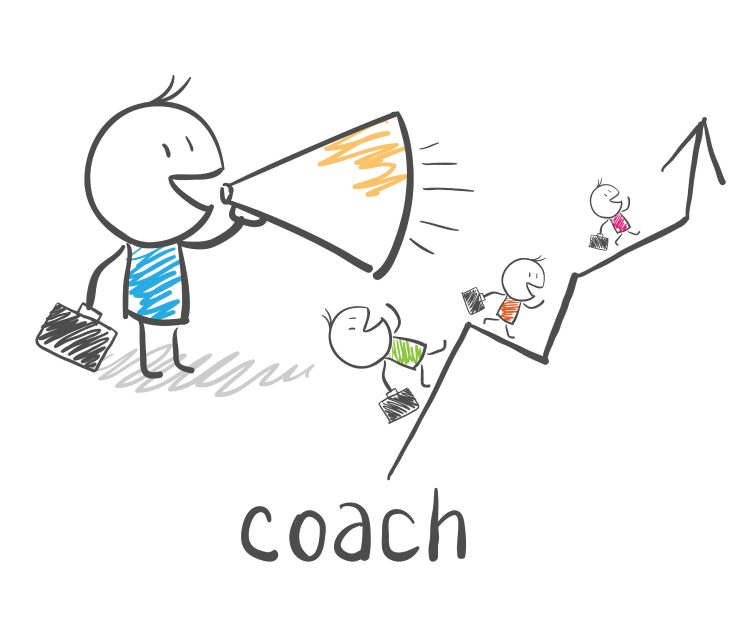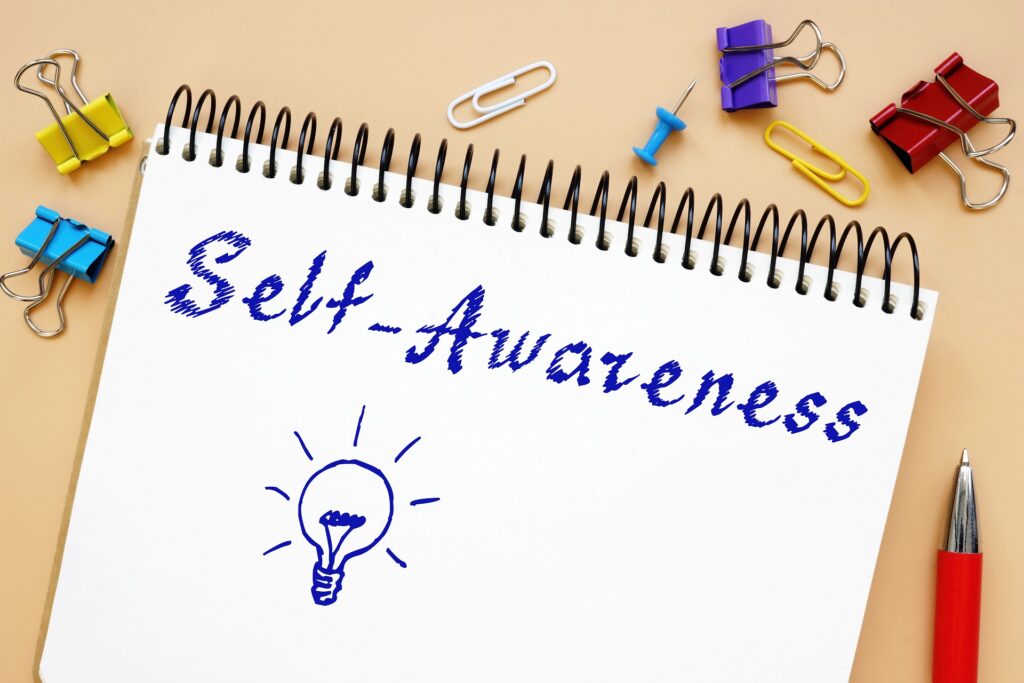Procrastination is a human condition that I regularly come across during coaching and mentoring sessions. It means to defer taking action but from my experience, it often means avoiding taking action altogether. I say “human condition” because it is a way of behaving that afflicts most of us at one time or another.
It is pernicious and erodes self-confidence and self-esteem and stifles performance. Many of you may have gotten upset and beaten yourself up over what you see as a failure to act – “I’m lazy, useless, and weak. I can’t stick to anything”. Sometimes even the simplest or most important of tasks just seems impossible to start and this can be very upsetting. Aaaghhh!
I confess that I have often found myself procrastinating, especially when feeling overwhelmed with my to-do list or facing great uncertainty. I also beat myself up about it too! This is why I set about developing an approach that helps me overcome procrastination or at least mitigate its impact on the achievement of my goals and objectives. Our blog will help you work through procrastination, get things done, and achieve your full potential.

What does procrastination look like in practice?
I had cause to consider whether procrastination was simply a way for people to protect their well-being. A safety valve if you like when things are getting too intense or stressful. Perhaps even a creative process (thinking time) to allow their subconscious to mull over new information or find a solution to a challenging or strategic problem.
What I have discovered, though, is that procrastination is not strategic. It is not thinking time. And it is not helpful. Instead, it is “avoidance”. A very human cognitive condition that sees us humans avoiding what we fear or dislike.
For example:
- Talking about doing something but never doing it.
- Leaving things to the last minute
- Leave until tomorrow.
- Make doing a task contingent on some other action or event. “When I [feel more motivated/less tired][get through this tricky period][get yet another qualification], I will do it then”.
- Allowing previously unimportant tasks to become magically very important.
- Putting pleasurable/satisfying tasks before tasks of greater value (but less pleasurable).
- Actively looking for a distraction and then pouncing on it (e.g. keep checking emails, helping someone out even though they haven’t asked for help).
- Pretending or creating the illusion (even to yourself) that you are carrying out a task without commitment and conviction. It will never get across the line.
- Making excuses for your behaviour (e.g. I work better when I am under pressure so I leave tasks until the last minute).
- Waiting to feel motivated before starting (you could be waiting a while!)
- Avoiding difficult tasks/conversations by convincing yourself that inaction is the best approach – letting sleeping dogs lie.
Sourced from Michael Neenan’s publication: Cognitive Behavioural Coaching (p44)
What causes procrastination?
It is worth remembering that what we think influences how we feel and how we think and feel influences our behaviour – what we do and how we do it. So, if you have a thought that says “I can’t cope with this” then you feel anxiety or intense dislike for the task at hand and consequently defer or avoid taking action. Hauck (1982) highlights that poor self-discipline is not unsurprising as “avoiding a difficult situation seems like the most natural course to take because we are so easily seduced by immediate satisfaction”.
Essentially, we would rather avoid the unpleasant feelings now rather than reap the longer-term benefits of acting! Not only this but the price of feeling better now may cause us a big headache later from delaying the inevitable (e.g. Stress by tackling the task at the last minute whichs may even impact others, such as those we lead or manage). Humans are simply wired to avoid things that make them feel uncomfortable: discomfort = pain and suffering = avoid at all costs.
How do I overcome procrastination?
You will appreciate from the forgoing, that to overcome procrastination we first have to overcome the limitation of our wiring (our humanness) and conditioned thoughts and behaviours (bad habits). We have to stop listening to the voice in our head which cannot be trusted or relied upon to speak reality. It misleads us with unhelpful thoughts which trigger negative feelings and behaviours.
For example, the voice in our head says “I’m bound to feel much more motivated/less tired tomorrow. I will do it then” or “I’m going to make a fool of myself if I try that. Someone more capable should do it”. You will know from experience, that tomorrow you will likely feel no different from today and you are not the best judge of your capabilities especially if you lack self-confidence.
The solution is surprisingly simple, though:
- Develop self-awareness so that you can recognise when you are procrastinating (i.e. avoiding or delyaing action) rather than making a strategic decision to defer action. In essence, challenge irrational beliefs that flow from the voice in your head. We remain in ignorant bliss and things don’t get done, without awareness! As Michal Neenan highlights “In order to change the way you feel [and by extension how you act] you need to change the way you think”. Being brutally honest with yourself is essential here.
- Sorry, but you just have to get on with it and I can’t sweeten the pill. As Brian Tracey would say, you just have to “eat that frog”.
How can coaching and mentoring help?
Although the solution is simple, it doesn’t mean the implementation is easy. Self-awareness is a capability we have to cultivate. Asking tough questions of ourselves about our behaviour and attitude and changing the way we think and feel about something isn’t easy. It shines a light on things that can make us feel intensely uncomfortable and scared as I say above.
Through coaching, mentoring and training with Lunesdale Business Consulting we can:
- Help you challenge irrational and self-limiting beliefs. Help you see reality by building and relying on evidence rather than the voice in your head and conditioned responses (habits, assumptions). When shining a light into dark places, it can be comforting to have a guide that “gets it” and who can provide psychological and emotional support.
- Offer moral and technical support to help put new and improved systems and processes in place that better manage time and the prioritisation of the most important tasks. This includes developing the positive habits that ensure these systems and processes are then routinely adopted.
- Hold you to account. Challenge you to take ownership of the failure to defer or avoid action (which includes the problems that you create for others by failing to act on a timely basis). Senior leaders often have little or no accountability to others (i.e. their performance is not evaluated in the same robust way as those they manage).
- Ensure you focus your mind on the relief and satisfaction felt from getting the job done. How often have you felt that flood of relief from overcoming the hurdle? No doubt saying to yourself: “Why did I put this off? This was not as bad as I expected [as bad as the voice in your head led you to believe!]“.
 What next?
What next?
Do you recognise any of the symptoms of procrastination we have highlighted above? Are you conscious of the negative impact this is having on performance? Do you want to achieve your full potential? If the answers are yes, then it is time to be courageous and shine a light into those dark places. Work with us as we guide you through the discomfort of acting.

